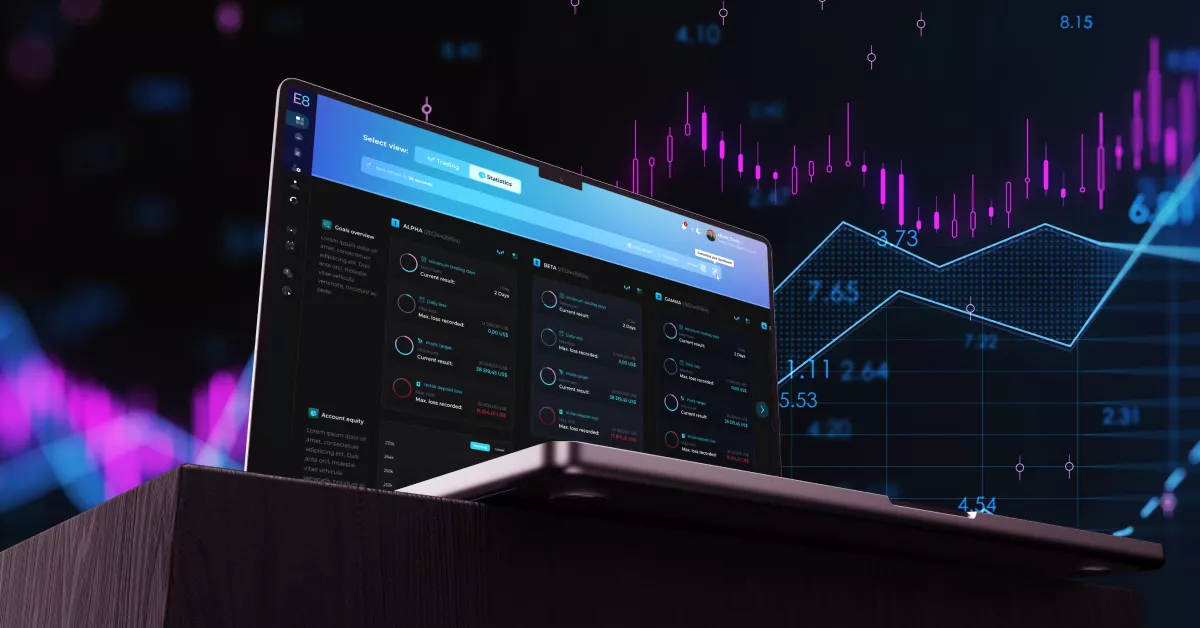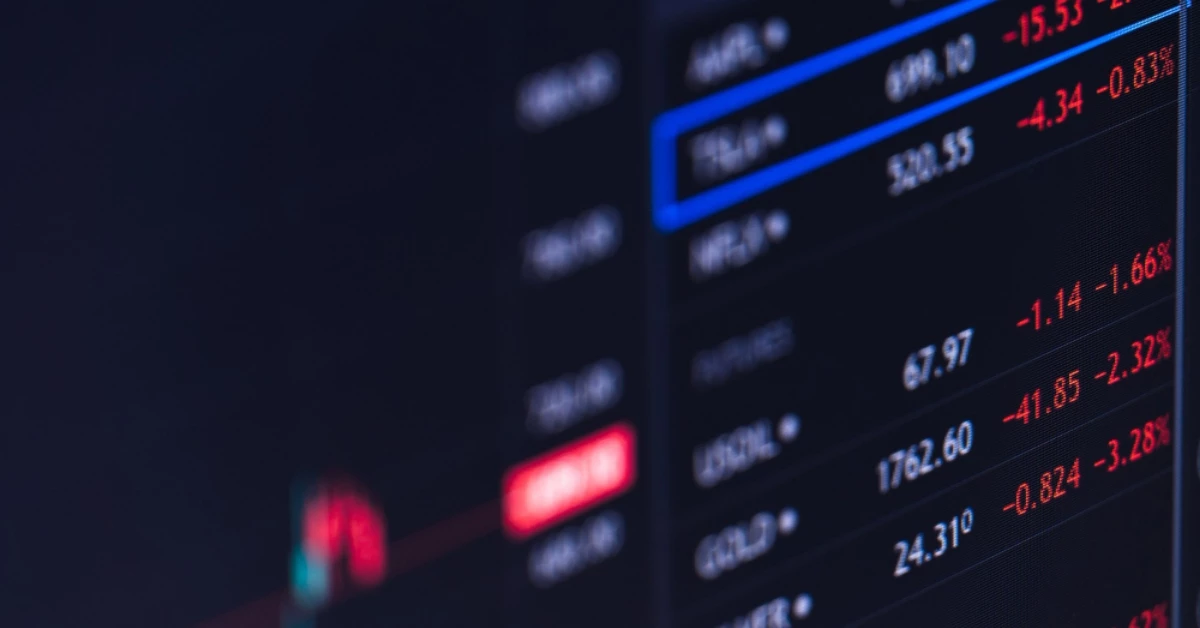How to Become a Successful Trader: 8 Essential Traits
Becoming a successful trader is an aspiration shared by many, yet it is a path laden with challenges. These challenges are not just external, like the unpredictable market dynamics, but also internal, stemming from our habits and inexperience. So, what does it take to not just trade but to become a successful trader?
On our platform, we emphasize 8 “Must-Be” traits for traders aiming for success.
Must-Be Trails of a Successful Trader:
Be Consistent
Being consistent in trading means making well-informed, profitable trades regularly. It involves sticking to a predefined plan and not letting emotions govern trading decisions. This trait is often what separates successful traders from those who struggle.
Be Disciplined
Discipline is a cornerstone for successful traders. Sticking to a strategy, even when tempted by the allure of larger profits or setbacks, is imperative. Without discipline, long-term success remains elusive.
Be a Risk Manager
Successful trading isn’t just about making bold moves; it’s about making smart ones. This involves understanding and managing risks, particularly in terms of leverage. A successful trader knows the importance of not risking more than they can afford to lose.
Be Patient
The journey to becoming a proficient trader is a marathon, not a sprint. It requires continuous learning and adapting over the years, as the markets are always evolving. Patience is not just waiting for success; it’s about steady growth and learning through the process.
Be Humble
Greed can lead to significant losses in trading. Successful traders understand the importance of humility. They know when to exit a trade as per their strategy, recognize their mistakes, and avoid over-leveraging or making impulsive decisions that go against their long-term plans.
Be Hungry for Knowledge
The trading landscape is dynamic, with strategies and market conditions constantly changing. A successful trader never stops learning, always seeking to expand their knowledge and adapt their strategies to stay profitable.
Be Calm
A skilled trader remains calm and composed, understanding that building a successful trading career is a gradual and steady process. They learn from every trade, whether it’s a win or a loss, and use these experiences to refine their strategies.
Be Yourself
There’s no one-size-fits-all strategy in trading. Successful traders understand the importance of finding a method that aligns with their personality and strengths. Imitating others’ strategies without considering personal aptitude and risk tolerance is a common pitfall to avoid.
Keep a Trading Journal with E8 Funding’s Guidance
A key to consistent improvement in trading is maintaining a comprehensive trading journal. Our platform, E8 Funding, offers guidance for effectively keeping a trading journal, allowing traders to track their progress, understand their decision-making processes, and learn from both successes and mistakes.
By mastering these eight essential traits, you are well on your way to becoming a successful trader. Remember, it’s not just about making trades; it’s about making the right trades consistently and growing as a trader every day. With dedication and adherence to these principles, your journey to success in the trading world will be on a firm footing.
Article topics
Trade with E8 Markets
Start our evaluation and get opportunity to start earning.Disclaimer
The information provided on this website is for informational purposes only and should not be construed as investment advice. Always conduct your own research and consult with a qualified financial advisor before making any investment decisions. We do not endorse or promote any specific investments, and any decisions you make are at your own risk. This website and its content are not responsible for any financial losses or gains you may experience.
Please consult with a legal professional to ensure this disclaimer complies with any applicable laws and regulations in your jurisdiction.








